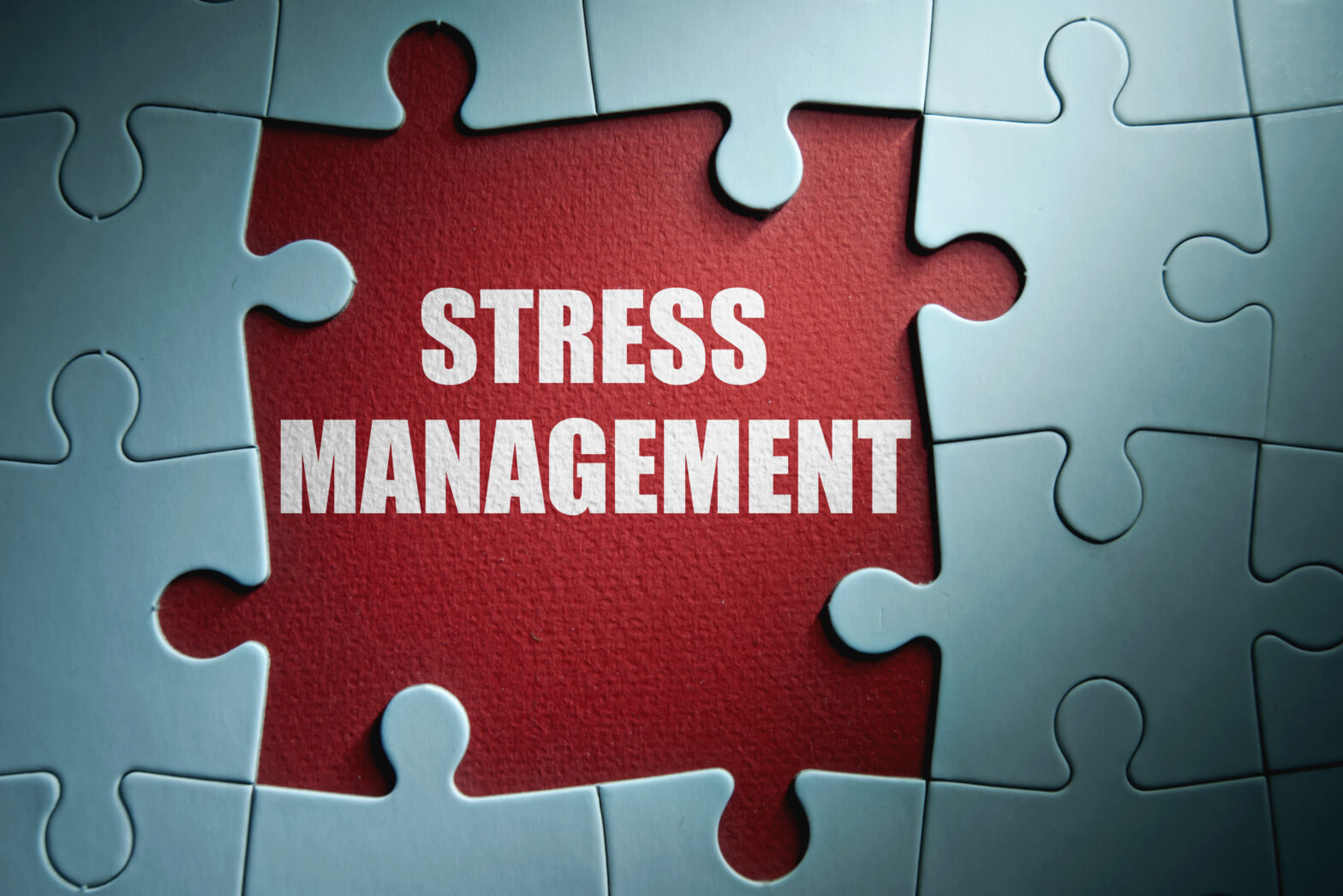Recent research from law firm Peninsula, carried out amongst 750 managers, shows that 87% found tension amongst staff members had increased in the last year.
Simple measures work best
As Julia Walsh, head of HR consultancy and partner at accountancy and business advisers Kingston Smith, explains, taken every day, sensible measures can go a long way towards helping ease the situation.
“Look after yourself and remember that the business isn’t going anywhere – take time off for holidays, and set up a water bottle system in your office to help you re-energise. Ensure there are ways that your staff can let you know if they are experiencing stress – as an employer, you have to be seen to be making reasonable efforts,” she explains.
Related: Managing stress and mental health in a small business
Similarly, Nick Hood, of turnaround experts Begbies Traynor, advises the following.
“Remember to say ‘thank you’ regularly – unloved staff are unhappy staff. Help your staff to understand which tasks are more important. Allow them to decide how work should be completed, which will give them a sense of having more control over their work activities.”
Other more unusual measures include looking at behavioural techniques, as Michael Rix, managing director of stress management company, Stress Control explains.
“We help the individual understand and control the symptoms of stress by teaching effective physical, psychological and social techniques. This in turn enables the stressed employee to face potentially stressful situations but feel confident in dealing with the debilitating symptoms.”
Stress code
The HSE has issued a stress code that companies must abide by. Failure to do so could result in lengthy and expensive compensation claims. The code is currently in a pilot phase and will be legally enforceable until 2004.
But you can get a head start on assessing and handling stress levels by following these top tips:
Ten Top Tips to Manage Stress
- Carve out time for yourself As a small business owner, it can be incredibly difficult to draw a line between work and home life. Take simple steps like turning off your mobile phone and don’t give customers your home number.
- Be as organised as possible Ensure you write down everything you need to do on a daily/weekly basis and that you stick to this plan as far as possible. If you find you can’t complete tasks by a certain time, set yourself a new deadline. If an important job is coming up, make sure you give yourself and your staff plenty of time to prepare for it.
- Learn to recognise the warning signs The sooner you recognise symptoms of stress, the sooner you can take steps to address them. Absenteeism, poor productivity and employees that are prone to headaches, nausea, aches and pains can all be warning signs.
- Consider designating an employee as a ‘counsellor’ Ensure there are ways that your staff can communicate stress, as not being able to express how they feel will only make the situation worse.
- Cut out unnecessary work Reassess the work that you and employees do – it may be that there is duplication in some areas. Identify what these are and then reassign workloads across your staff.
- Don’t be afraid to delegate Owner/managers can often be too frightened to ask for help, but remember that in a small business, people are more likely to be able to turn their hand to a variety of tasks. Delegating will enable you to spread your workload and will give you the opportunity to offer other employees some new challenges and the chance to develop skills.
- Try to prioritise your workload Work out which tasks are important and then try and complete them then and there, or make sure you make time for it in your diary at a later stage. Similarly, try to do the tasks you like least first, so you can get them out of the way more quickly.
- Get good advisers on board Having a business adviser to turn to can help take away some of the burden and stress. And it doesn’t need to cost the earth – for example, you could turn to a family friend from a business background, or it could be your bank manager or accountant. Above all, ensure you meet with your advisers regularly, and that you get on with them.
- Longer hours will not help One of the main causes of stress is having too much to do and not enough time, but working longer hours is not the answer. Improve your time management skills so you can be more productive at work without doing extra hours.
- Look after yourself This may seem like common sense, but set aside some evening when you can finish work at a sensible time. Similarly, make time for lunch, even if it is only for fifteen minutes. Eat regularly and sensibly and cut down on your levels of caffeine.
See also: Avoid stress and burnout with these six healthy habits – Infographic





